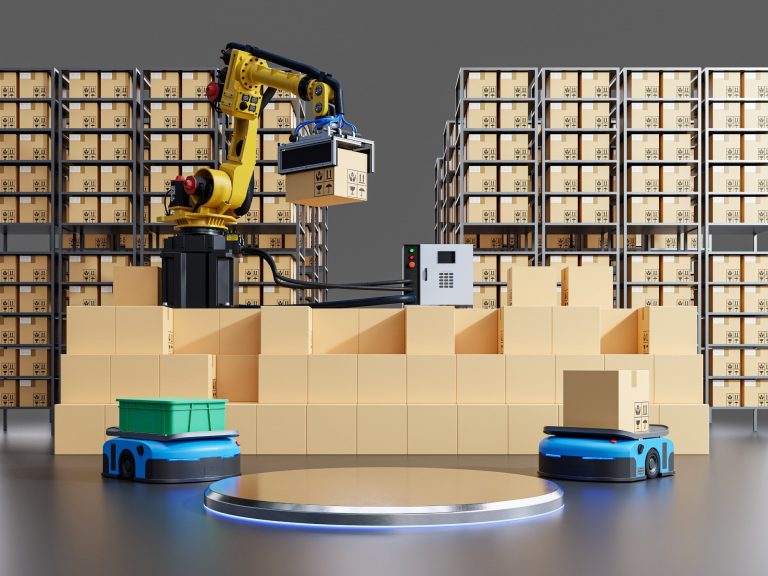The dangerous term “median human”. Przegalińska for “Wprost”: We must be careful

Good morning. This is the first in a series of my columns in which I intend to explore the fascinating, although often controversial, world of new technologies. We live in times when technological progress is not only accelerating, but is also beginning to impact every aspect of our lives.
From smart homes and cars, through advanced artificial intelligence algorithms, to the metaverse and cryptocurrencies – new technologies are everywhere. But what are the consequences of this acceleration?
Are we ready for the changes that this new era brings? And more importantly, are these changes beneficial to us or do they carry threats that we don’t know about yet or don’t want to know?
Together we will consider how new technologies affect our work, relationships and even identity. We will critically analyze trends, debunk myths and look for answers that will help us understand where our digital future is heading.
Recent months have brought us a real boom in generative artificial intelligence. Technology giants such as OpenAI and Meta (formerly Facebook) surprise us with increasingly advanced tools. OpenAI proudly presents its language models, such as GPT-4, that can generate text at almost a human level. Meta, in turn, invests in a metaverse in which AI will play a key role.
Besides, OpenAI with GPT-4 or Meta with investments in the metaverse are just the tip of the iceberg – there are many more projects. Amazon is investing in ChatGPT’s competitor, Anthropic; new language models sprout up like mushrooms, for example Falcon or Llama. But in light of the recent acceleration in the AI space and how the AI revolution is being advocated by key players, the question arises: are we really all on the same page?
Recently in New York Magazine, Elizabeth Weil pointed out the disturbing way Sam Altman, OpenAI’s CEO, uses the term “median human.” Altman appears to suggest that the target artificial general intelligence (AGI) will have intelligence comparable to “an average human who might be hired as a collaborator.”
This statement raises several questions and concerns. First, how do we define the “average person”? Is it an individual without individual characteristics, talent or emotions? Second, is the goal of AGI to replace humans in the workplace? If so, what will happen to those who are replaced by machines?
We cannot forget that artificial intelligence is a tool created by people and for people. Its development should serve the social good, and not just satisfy the ambitions of a few technology tycoons.
The term “median human” not only distorts human value, but also opens the door to the potential dehumanization of employees. Isn’t this a step towards a dystopia in which a person’s value is measured only by his or her productivity?
In an era where technology is changing our lives at a breakneck pace, we must remain cautious and critical. We cannot allow terms like “median human” to become the norm, blurring the lines between human and machine and undermining human dignity.
In the book “AI in Strategy” (published by MT Biznes), which we wrote together with Professor Dariusz Jemielniak, we draw attention to how AI can and should interact with people, and not replace them. We cannot forget that AI is a tool, not a goal. Terms like “median human” are not only imprecise, but also potentially dangerous. In an era of rapid technological change, we must fight not only for the vision, but also the mission. We cannot allow singular terms or concepts to cloud the picture and undermine human value. It is not only a matter of ethics, but also of the technological future in which we would like to live.
PS I loyally warn you that I will use various artificial intelligence models to edit articles. I plan to use AI to improve syntax and style – I encourage you to do the same!






